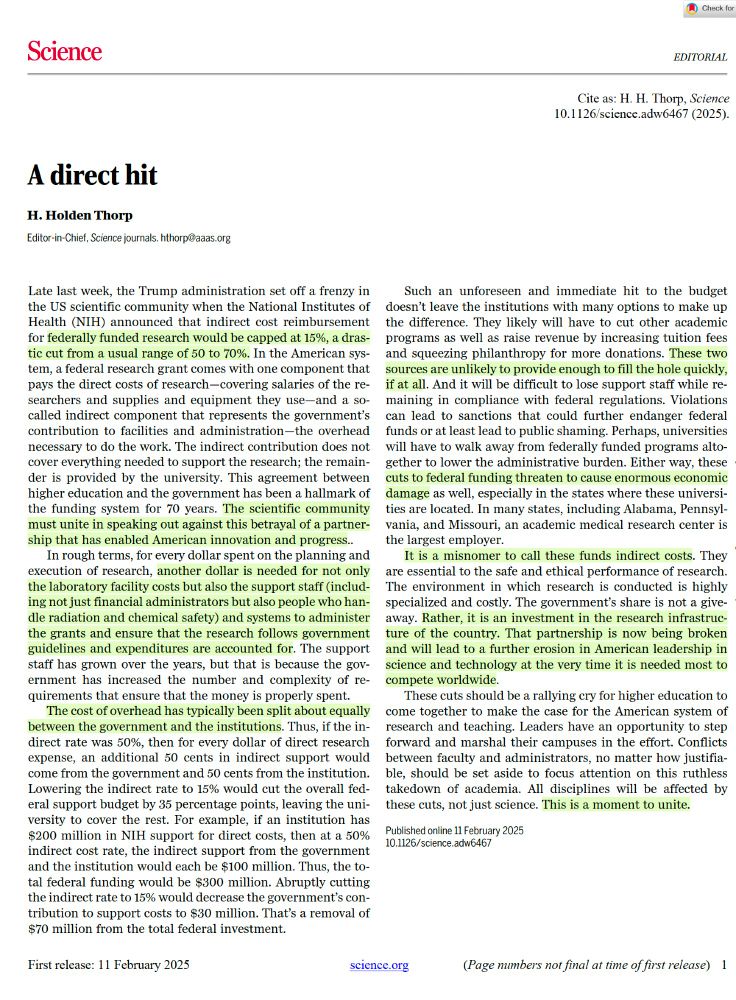
• Animal & human circuit models
• Risk, sex, and developmental factors
• Cutting-edge treatments (CBT, TMS, neuromodulation)
• Co-occurring disorders (PTSD, autism, schizophrenia)

• Animal & human circuit models
• Risk, sex, and developmental factors
• Cutting-edge treatments (CBT, TMS, neuromodulation)
• Co-occurring disorders (PTSD, autism, schizophrenia)


This review article highlights 4 potential opportunities, including context, target, dose, and timing
www.nature.com/artic...



www.wsj.com/arts-cul...
1/2

1/2
We review its role in addiction & how it's influenced by opioids, now out in Biological Psychiatry (special issue on social homeostasis)
It's @loseth.bsky.social's brainchild & covers A LOT🧠
doi.org/10.1016/j.bi...
#neuroscience
We review its role in addiction & how it's influenced by opioids, now out in Biological Psychiatry (special issue on social homeostasis)
It's @loseth.bsky.social's brainchild & covers A LOT🧠
doi.org/10.1016/j.bi...
#neuroscience

www.science.org/doi/full/10....
"This is a moment to unite."

www.science.org/doi/full/10....
"This is a moment to unite."



#AIinMedicine
arxiv.org/abs/2412.108...

#AIinMedicine
arxiv.org/abs/2412.108...

www.nature.com/articles/s41...






